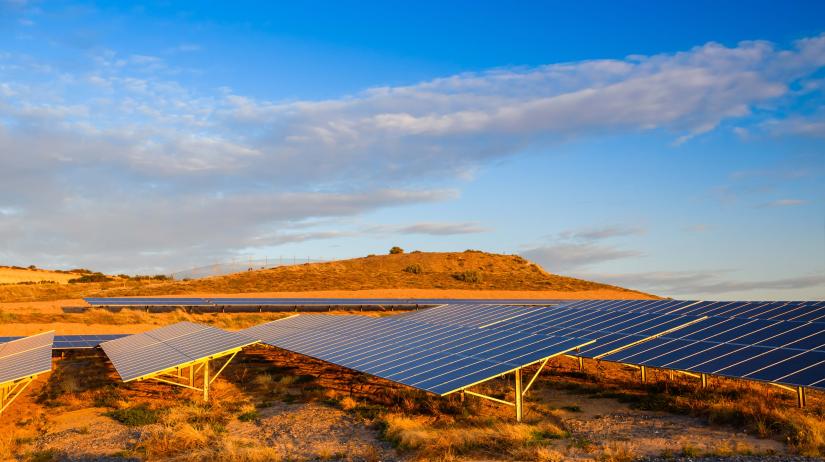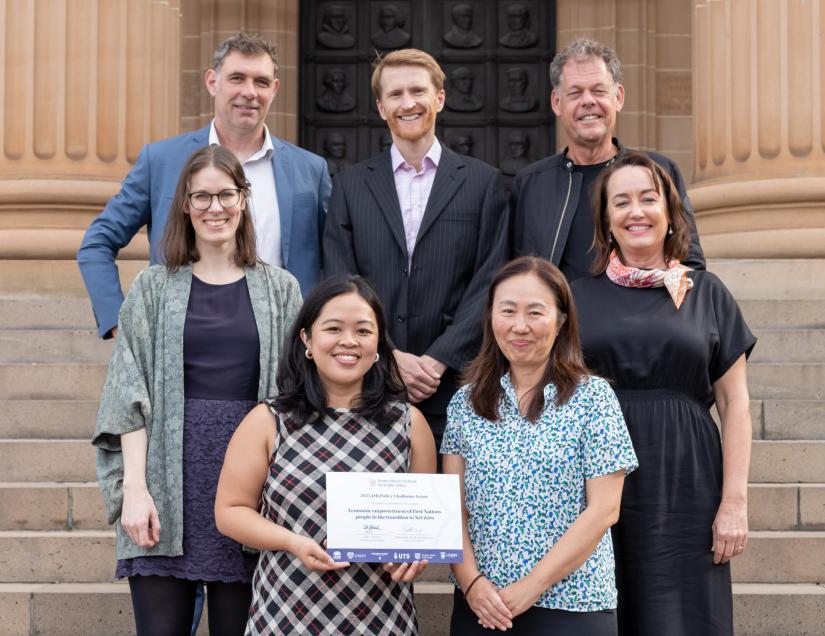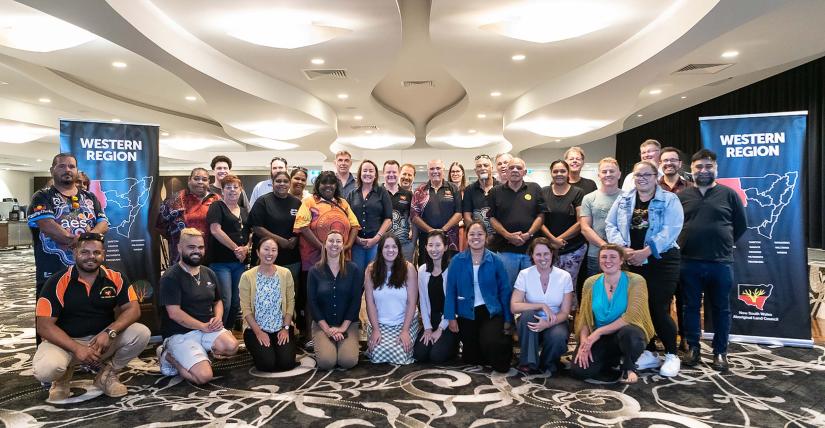Research to address the urgent need to involve and support NSW Aboriginal communities in climate change adaptation has received a boost with a grant of $125,000 from the James Martin Institute for Public Policy (JMI).

The renewable energy transition presents opportunities for Aboriginal landholders. Photo: Adobe Stock.
The University of Technology (UTS) Centre for the Advancement of Indigenous Knowledges, led by Gomeroi researcher Professor Heidi Norman in collaboration with researchers from the Institute for Sustainable Futures will utilise the funding to work with Local Aboriginal Land Councils to assess renewable energy projects and climate change risk on their Aboriginal land.
The Indigenous-led research project builds on insights from Professor Norman’s twenty years of research on Aboriginal Land Rights in NSW and extensive consultation with the Aboriginal Land Council network.
Professor Norman, Associate Dean (Indigenous) in the UTS Faculty of Arts and Social Sciences, says Aboriginal people are already on the frontline of the climate crisis.
“This is in part the legacy of where Aboriginal reserves and missions were created and the land we have been able to recover under the Aboriginal Land Rights,” said Professor Norman.
Despite holding communal land assets of significant conservation value, Indigenous communities have faced challenges in effectively participating in climate change adaptation and mitigation strategies.
“Our research reveals that Aboriginal landholders are optimistic about the possibilities of renewable energy and can see the benefits of being involved in this sector but have limited resources to engage strategically in bold energy transition plans”, said Professor Norman.
“The renewable energy transition presents opportunities for Aboriginal landholders in NSW to participate in new and sustainable economies.
“This could include leveraging land for renewable energy projects, deriving benefits including collective income generation and capacity-building, and for Aboriginal values and aspirations to be built into the foundation and long-term operation of renewable energy projects,” she said.

The research team is led by Professor Norman and includes Therese Apolonio, A/Prof Chris Briggs, A/Prof Sven Teske, Dr Sarah Niklas, Dr Ed Langham and Dr Saori Miyake. Photo: Orlando Sydney.
Since 2018, Professor Norman and CAIK researcher Therese Apolonio have interviewed 65 Local Aboriginal Land Councils (LALCs) and NSW Aboriginal Land Council staff to identify the aspirations of LALCs for land and community, and to investigate the potential benefits of Aboriginal land restitution. The interviewees frequently highlighted their desire to safeguard their communities, remain on Country, and protect cultural heritage from climate impacts.
In February of this year, in partnership with the NSW Aboriginal Land Council Western Region, the team visited Dareton where they shared research with LALCs in the Far West to explore the potential ways Aboriginal landholders can play a role in addressing climate change and engage in the emerging renewable energy economy for the benefit of Aboriginal communities there.

The team visited Dareton in February 2023, meeting with LALCs from the Far West to explore ways Aboriginal landholders can play a role in addressing climate change. Photo: John Janson-Moore.
The JMI Policy Challenge Grant will go towards further research on the potential for Aboriginal communities and their land holdings to be involved in the much-needed transition away from fossil fuels and decarbonising the economy, and the development of resources to guide community decision-making and policy reform.
JMI will provide dedicated support to Professor Norman’s team to translate their insights for a policy audience and amplify their research impact through targeted engagement with policymakers.
The research team is led by Professor Norman and includes Therese Apolonio, A/Prof Chris Briggs, A/Prof Sven Teske, Dr Sarah Niklas, Dr Ed Langham and Dr Saori Miyake.
“Given the right policy settings and resources, LALCs are interested in participating in renewable energy and environmental conservation,” Professor Norman said.
“Leveraging Aboriginal land could lead to a range of benefits including collective wealth generation and capacity-building.”
In NSW, land returned to Aboriginal community control is small, with more awaiting return, with some claims unresolved since the 1980s.
Yet even this small and fragmented estate is significant in the context of stemming the worst effects of climate change, said Professor Norman.
“As much as 80% of these urban lands are zoned ‘environmental’, meaning for many Aboriginal land holders the ability to conduct conservation activity such as carbon abatement, threatened species protection, and bush regeneration in order to generate much needed collective wealth.”
JMI Policy Challenge Grants recognise and support projects with the potential to make a significant policy impact. In its second round of grants, seven leading research teams have been supported in taking forward policy-focused projects for the public good.
The JMI-funded research complements other research initiatives involving Professor Norman and the CAIK team. Professor Norman is a founding member of the First Nations Clean Energy Network and serves on the Steering Committee and was recently appointed to the Commonwealth Government’s First Nations Clean Energy and Emissions Reduction Advisory Group.
The advisory committee will assist the Department of Climate Change, Energy, the Environment and Water in the development of a First Nations Clean Energy Strategy. A series of roundtables are being held across Australia to canvass emerging developments in climate and energy policy and explore how these will interact with Indigenous rights and interests in land.

